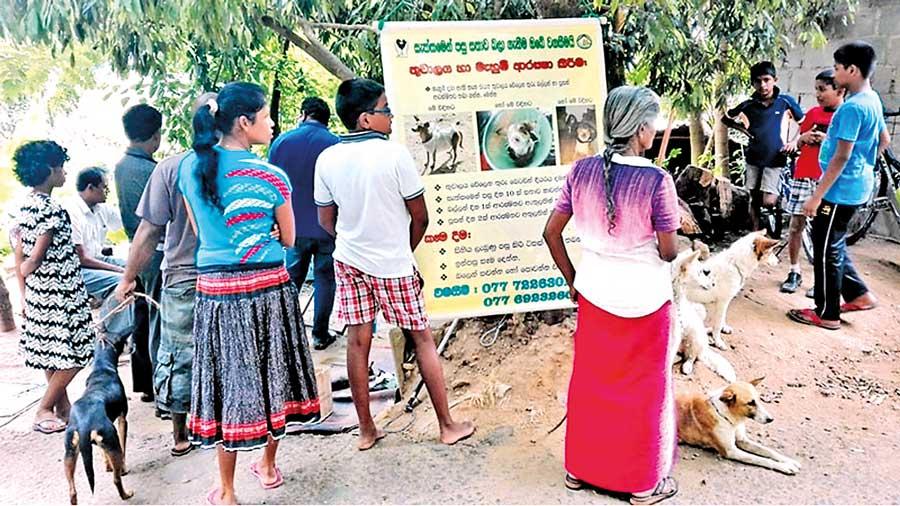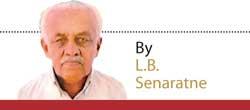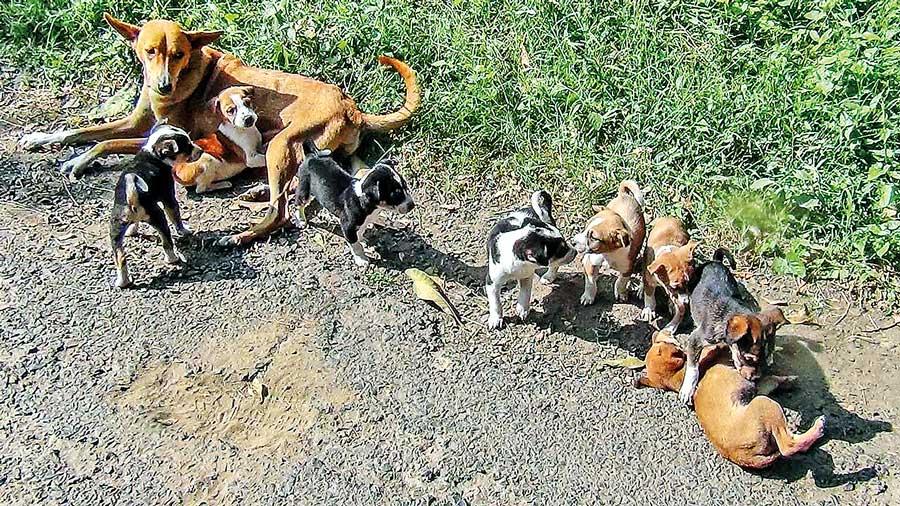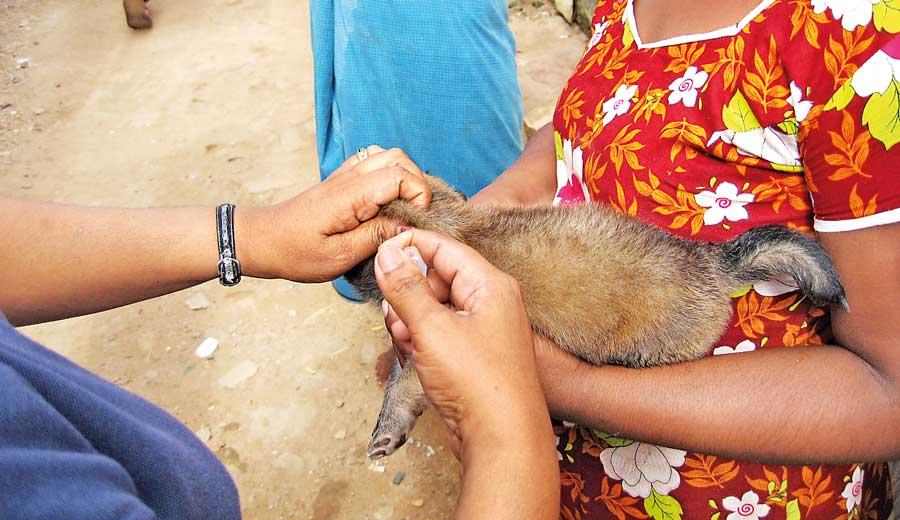Reply To:
Name - Reply Comment

 Former Health Minister Dr. Rajitha Senaratne has, by a Cabinet paper dated January 18 this year, obtained approval to hand over the process of serialization and vaccination to the Health Department from the Department of Animal Production and Health (DAPH) thus creating uneasiness among concerned parties in making Sri Lanka rabies-free.
Former Health Minister Dr. Rajitha Senaratne has, by a Cabinet paper dated January 18 this year, obtained approval to hand over the process of serialization and vaccination to the Health Department from the Department of Animal Production and Health (DAPH) thus creating uneasiness among concerned parties in making Sri Lanka rabies-free.
In the Cabinet paper, he had said the Parliamentary Advisory Committee had sanctioned the serialization programme to be handed over to Public Health Veterinary Services (PHVS). Accordingly, DAPH has washed its hands off the anti-rabies programme and returned all material to the Health Ministry.
The association says sterilization could only be carried out by qualified veterinarians
The alarming concern within veterinarian circles is if the forecasted rabies-free 2020 goal could be achieved following the withdrawal of the programme from DAPH that, within four months, carried out 2,604 awareness programmes in ten provinces and municipal areas.
The department also claimed that due to these awareness programmes, those who encountered canine bites sought treatment though it was not necessarily rabies. With this active engagement by people, certain schools of thought have suggested a rabies outbreak which is untrue, veterinarians say.

The goal of becoming rabies-free by 2020 could only be achieved if all agencies working towards this objective are on one platform. But the withdrawal of the rabies programme from DAPH has created uneasiness among veterinarians. In fact, DAPH is the sole entity under the Rabies Act to conduct all areas of rabies control as it has required veterinarians.
Meanwhile, the Sri Lanka Veterinary Association (SLVA) is to appoint a committee to probe the Cabinet paper presented by the Health Minister to return the rabies programme to vaccinators of the Health Ministry and also calling for tenders for the sterilization of animals.
In 2018, the rabies programme was handed over to DAPH as it had the wherewithal including veterinary staff and infrastructure to implement anti-rabies and
awareness programmes.
However, a Cabinet paper submitted by the Health Minister sought approval to hand over the rabies programme to the Health Ministry and vaccination programme to vaccinators. The Cabinet approved this proposal.

In 2018, DAPH had conducted 1.2 million vaccinations and 28,000 sterilizations. Due to the awareness campaign conducted by DAPH, even if a dog had no signs of rabies but still attacked a person, they opted to be vaccinated for rabies.
Veterinarians say if vaccinators were given this task, the ministry had to call for tenders for vaccines and this, they allege, could lead to corrupt practices. The association says sterilization could only be carried out by qualified veterinarians.
The alarming concern within veterinarian circles is if the forecasted rabies-free 2020
goal could be achieved following the withdrawal of the programme from DAPH
Commenting on this, SLVA President Dr. Niranjala de Silva DAPH – the primary stakeholder in rabies eradication and awareness programmes – along with two other agencies had to coordinate the rabies programme for Sri Lanka to be rabies-free by 2020.
DAPH Director General Dr. K.D. Ariyapala told Sunday Times that within four months, the programme saw the vaccination of 1,240,366 dogs and 86,680 sterilization of dogs in ten provinces. He said it was unfortunate that the rabies programme had been withdrawn from the department and handed over to vaccinators.